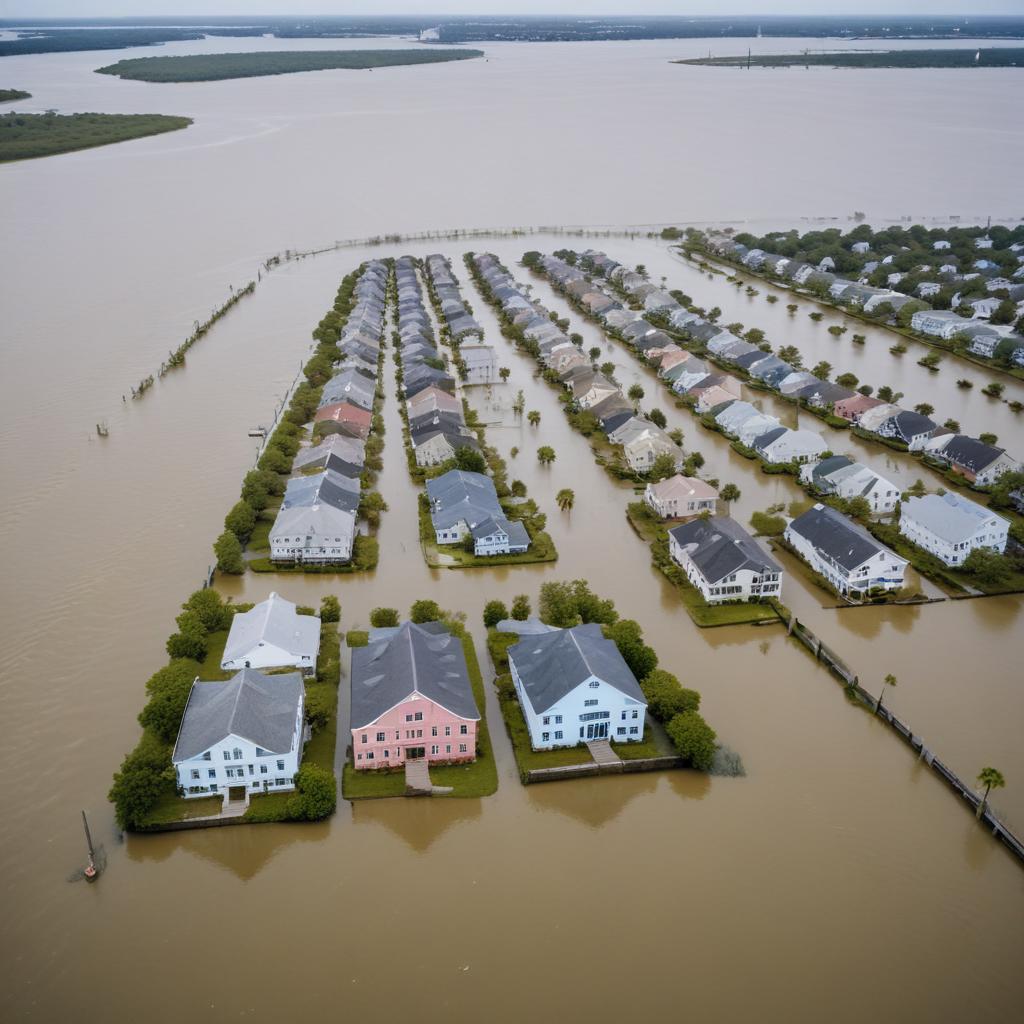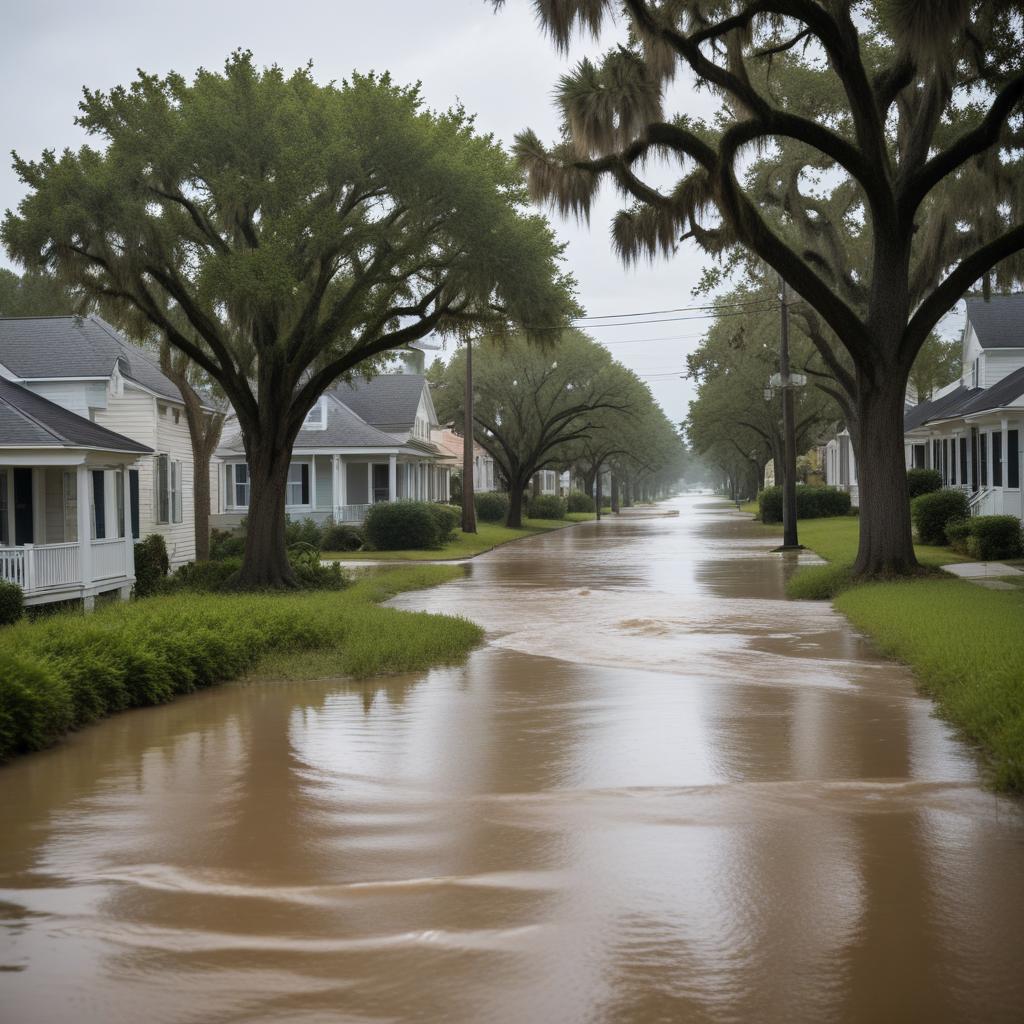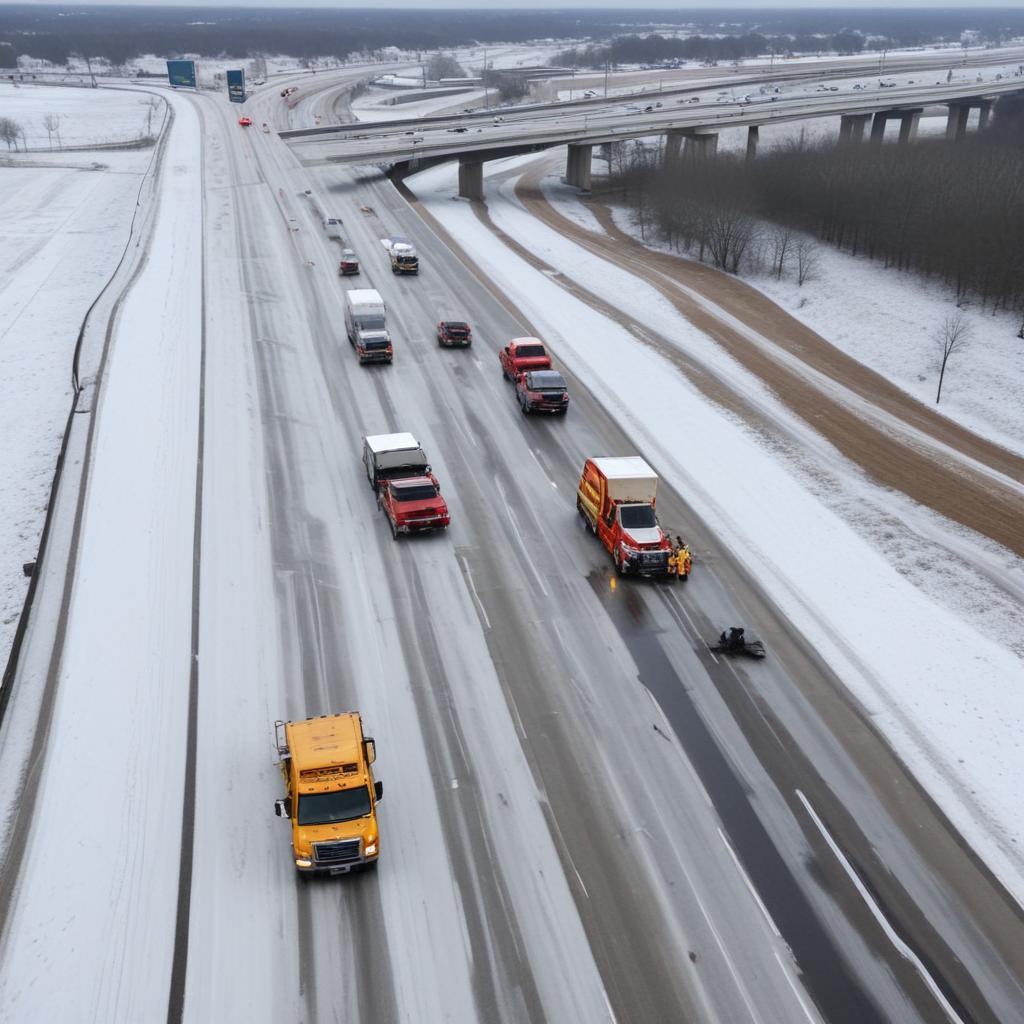
Charleston's Rising Waters: A Climate Change Catastrophe?
As sea levels rise and storms intensify, Charleston, South Carolina, faces a stark future. A proposed $1.3 billion seawall will protect the wealthy, but low-income neighborhoods are left vulnerable, highlighting the inequities of climate change.






